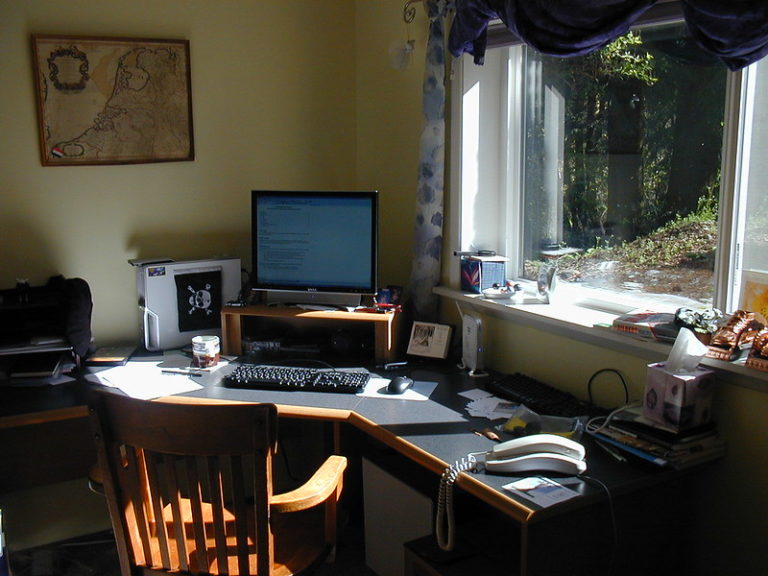The New Work-Life Balance: Why You Have to Work Harder from Home

Work-Life Balance is one of those terms that has been bandied about regularly as one of the desired goals of a healthy career. It meant one thing until recently, and it is now being remoulded into a new reality. In the pre Corona world, achieving work life balance was about acknowledging the important role home life plays, especially in the realms of family and self-care, versus the increasing demands of the modern workplace. The relentless encroachment of after-hours work into home life has been identified as a major source of rising anxiety to the extent the legal means were deployed in some countries to battle it. France outlawed sending work emails to employees outside of working hours, which practically implies employers can no longer demand that tasks be performed outside of the traditional office timeframe. This need for such a shift in attitude has been gathering momentum but the events of the past few months have rendered it irrelevant.
The last two months of Covid-19 work-from-home reality has blurred the lines between the sanctity of home and work life. The invasiveness of home video calls and the need to have a professional home working space have created a new reality.
I was told of a recent meeting held by the management of a mid-size UK company. After spending some time discussing how they should go about setting up their office work environment to accommodate post-lockdown social distancing, one the participants piped up and asked the question everyone has been afraid to ask: Should they even go back to their offices? Their productivity while working from home was at least as good as it used to be when they were office based, and in some areas better. Not needing to rent the office space they occupy, in the prime London location they take, would save the company millions of pounds annually. It transpired that all the participants shared the same view. Similar discussions are taking place in numerous companies and will result in a rethink of the nature of office work.
Working from home is fundamentally different than working in an office environment. An office work day is naturally framed by the morning and evening commute, and working hours are traditionally adhered to by everyone. With the exception of deadline driven projects employees are expected to fulfil their work tasks during working hours. The instances where work invades the home is associated with tight deadlines, ambitious employees, or pushy bosses.
In a post-covid world where working from home is the rule and not the exception, each employee will then have their own set of tasks to complete, and the mandatory meetings they will need to attend, albeit, remotely. Working from home frees up the time it would normally take to commute to the office, so theoretically, it should be possible to achieve more on a day by day basis.
In a sense there is greater pressure to perform when working from home. The soft interactions that would normally play a role in determining the quality of the relationships between employees and their management are largely missing. Workers are much more likely to be assessed on the objective quality of their performance with a lesser weight allocated to soft factors. Paradoxically, when working from home it becomes more difficult to hide. Either one delivers one’s task or they do not.
The pressure can have a very negative impact on work-life balance and on the mental health of employees. To ameliorate that and recover some work-life balance in the home work environment self-discipline plays an important role. It is concomitant upon employees to clearly define what they want to achieve every day. Communication with management becomes more important than ever. It is crucial to synchornise expectations of what can be achieved in a given time period, and communicate clearly if any obstacles to delivering what one has committed to arise. It is also important to create a physical delineation between work and non-work time.
It can be as simple as closing down the cover of the laptop, clearing the desk, or changing anything else that you need to do to set up the work space in the morning. An erosion in work life balance, either way, can quickly evolve into a serious issue, either at home or at work.
To summarise, the following steps would be useful in maintaining a work life balance while working from home:
- Define your daily tasks clearly, and realistically estimate what you can deliver taking care to not over, or under, estimate your capabilities.
- Create a ritual to set-up, and close down, your work environment.
- Clearly communicate before, during, and after, executing your tasks to all relevant parties. Communication is much more important when working remotely.
The situation currently faced globally is evolving and each of one us will be required to discover their own golden ratio between work and home life in this new reality. As long as one is mindful of maintaining a semblance of a balance the opportunity to develop a long term stable positive outcome is created.
